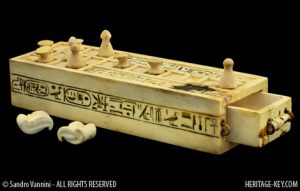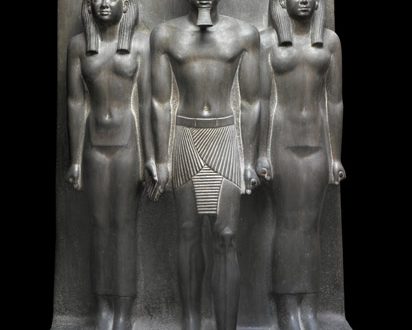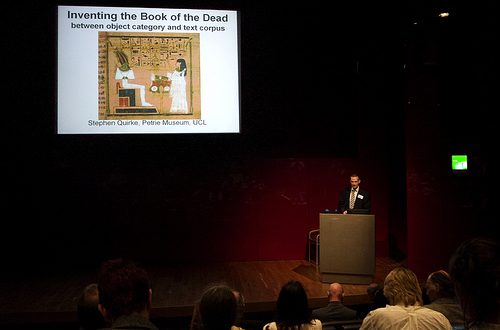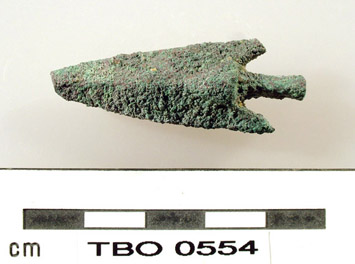
Key Dates
1333
BC
18th Dynasty
Key People
Tutankhamun and his wife Ankhesenamun
There were four senet sets in the tomb of Tutankhamun, some ceremonial and others for day-to-day use. One such daily set was made of solid ivory and was found in a wooden chest with many compartments. Howard Carter comments: ‘From the contents… that were found in the chest it becomes obvious that the chest was made for the knick knacks of a boy’ which could be indicative that this set was probably played with by Tutankhamun.
This gaming box is particularly small and therefore portable. On the end of this box is a roughly-carved image of the Tutankhamun and his queen, Ankhesenamun, facing each other; he is seated and his wife stands before him holding a lotus flower to his nose. The cartouches above their heads identify them as king and queen and therefore date either to the last two years at Amarna or the eight years during which they lived at Thebes and Memphis. This box is the only one of Tutankhamun’s collection bearing such personal touches and may have been the set played by Tutankhamun and Ankhesenamun during the warm evenings.
The board also had a drawer within the body for storage of the gaming pieces, which comprised two ivory knuckle-bones, five ivory, red reels and five ivory, white pawns making up the ten ‘dancers’ or gaming pieces with which to play the game. The knuckle bones were used as dice with a value attached to each side of the bone, which dictated how many squares to move the dancers (pieces) across the board. All the boards in Tutankhamun’s tomb were double-sided, for playing two different board games; a board of thirty squares for senet and a board of twenty squares for a game called ‘robbers’. Sadly, the exact rules for playing either game are unknown and we can only guess at the details.
Origin & Collection
On display at:
Physical properties
Materials:
Ivory
Images
Put your Flickr photos of this object into the Heritage Key group, and tag them with keyobject-4791, to see them here!





